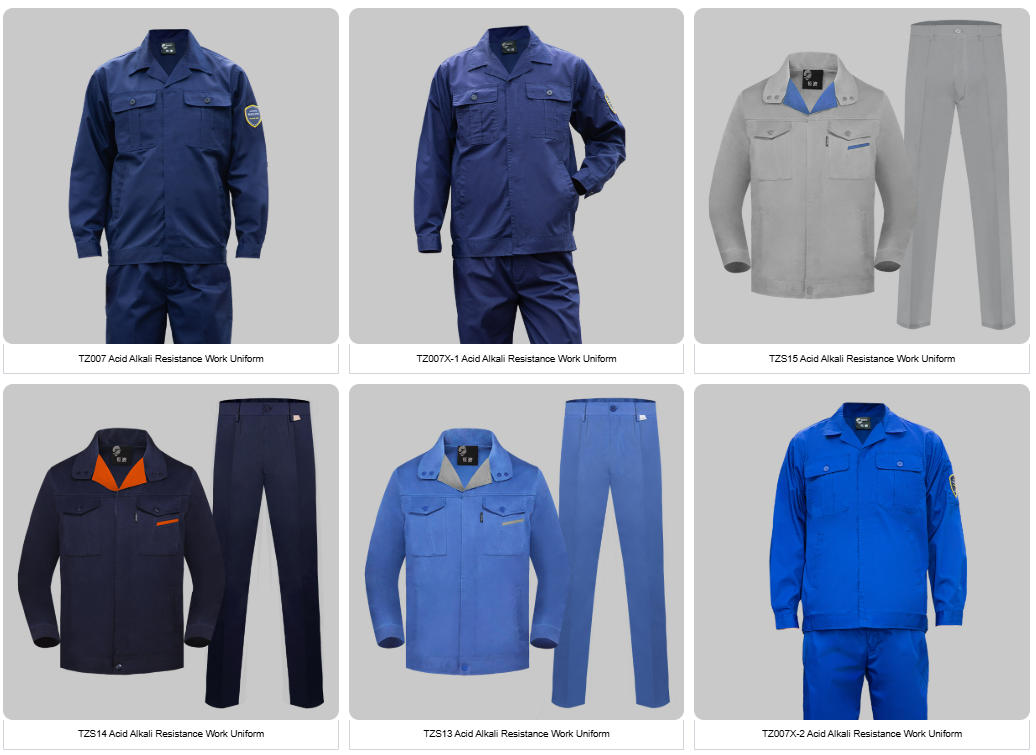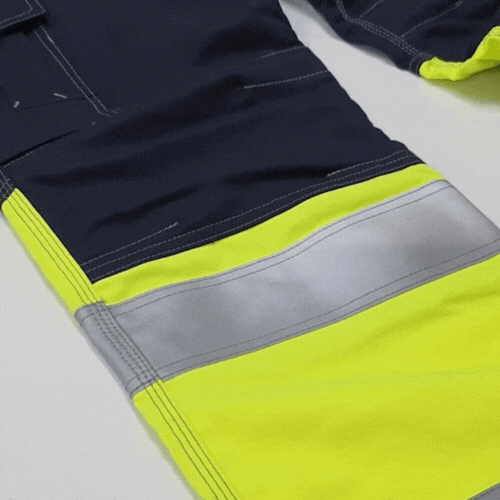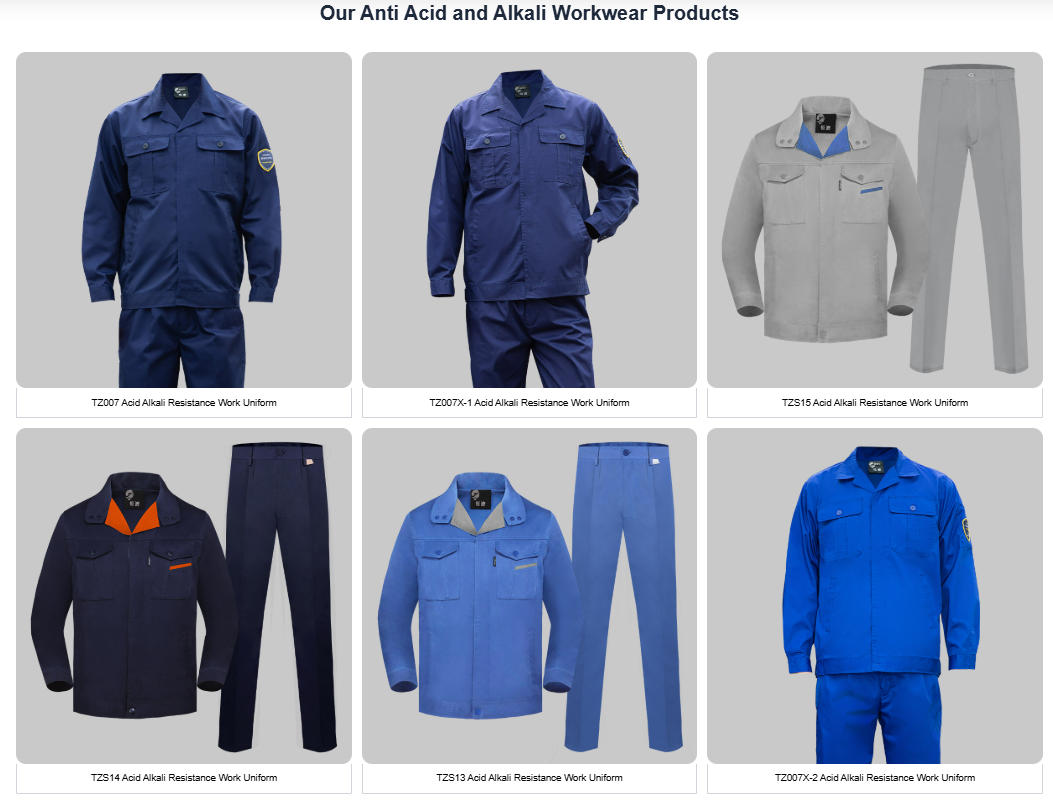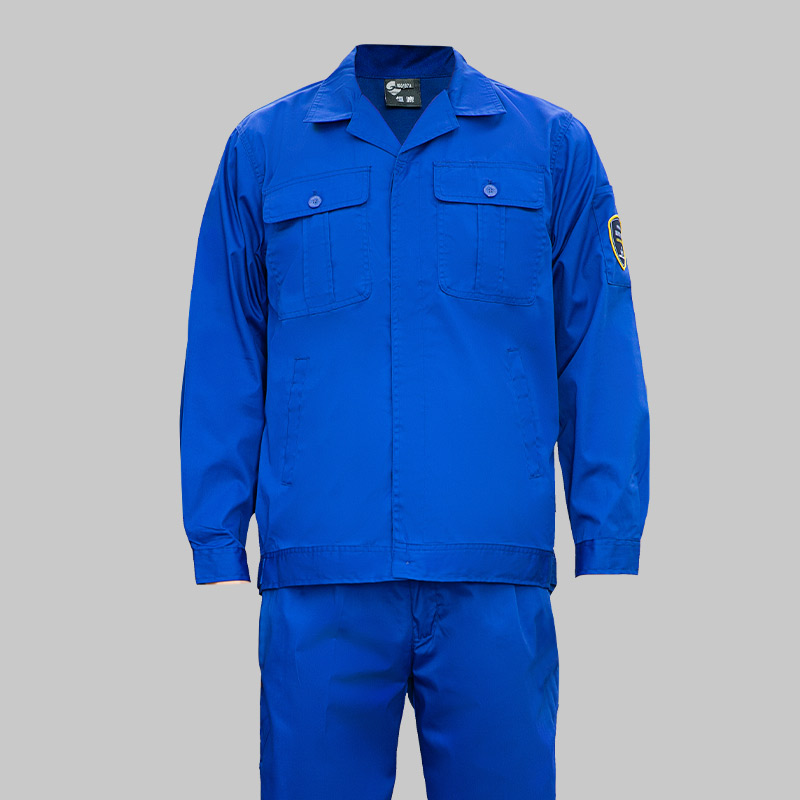This is a critical question for any retailer. The landscape of wholesale clothing suppliers is vast, and the right choice depends entirely on your store’s niche, price point, and target customer.
Here is a comprehensive guide to wholesale clothing suppliers for retailers, broken down by category.
1. Large B2B Marketplaces & Mainstream Wholesalers
These are massive directories or distributors with thousands of suppliers. They are excellent for research and finding a wide variety of goods.
-
Alibaba / AliExpress: The world’s largest B2B platform, primarily connecting you with manufacturers and wholesalers in China and Asia.
-
Best for: Large volume orders, private label manufacturing, and finding trendy items at low prices.
-
Considerations: High minimum order quantities (MOQs) on Alibaba, longer shipping times, and you must vet suppliers carefully. AliExpress is better for smaller quantities.
-
-
The Faire Marketplace: A hugely popular online wholesale marketplace that has revolutionized buying for independent boutiques.
-
Best for: Discovering unique, independent, and trendy brands across clothing, accessories, and home goods.
-
Considerations: They offer net-60 terms and free returns on first orders, which is a huge benefit for cash flow. The selection is curated and often more modern than traditional trade shows.
-
-
Tundra: A major competitor to Faire, offering a similar marketplace model with a vast range of products and no markups.
-
Best for: Similar to Faire, a great place to discover new brands and shop easily.
-
Considerations: Compare brands and pricing between Tundra and Faire, as they don’t always carry the same vendors.
-
2. Mainstream & Volume Fashion Wholesalers
These distributors carry well-known brands and large volumes of inventory, similar to the blank apparel giants but for finished, fashion goods.
-
M.G. EMBLEM: A major Canadian wholesaler (also ships to the US) with a huge catalog of branded and licensed apparel and accessories.
-
Best for: Licensed goods (sports, entertainment), popular brands, and a wide assortment.
-
-
Beverly Hills Unlimited (BHU): A well-known distributor of trendy, fast-fashion styles for juniors, women, and men.
-
Best for: Trend-driven retailers who need the latest styles quickly. They are known for a “Hollywood” vibe.

Beverly Hills Unlimited (BHU)
-
-
DollarDays (a division of S&S Activewear): While S&S is known for blanks, their DollarDays division focuses on closeout and variety goods, including apparel.
-
Best for: Discount stores, variety stores, or retailers looking for extreme value and bulk deals.
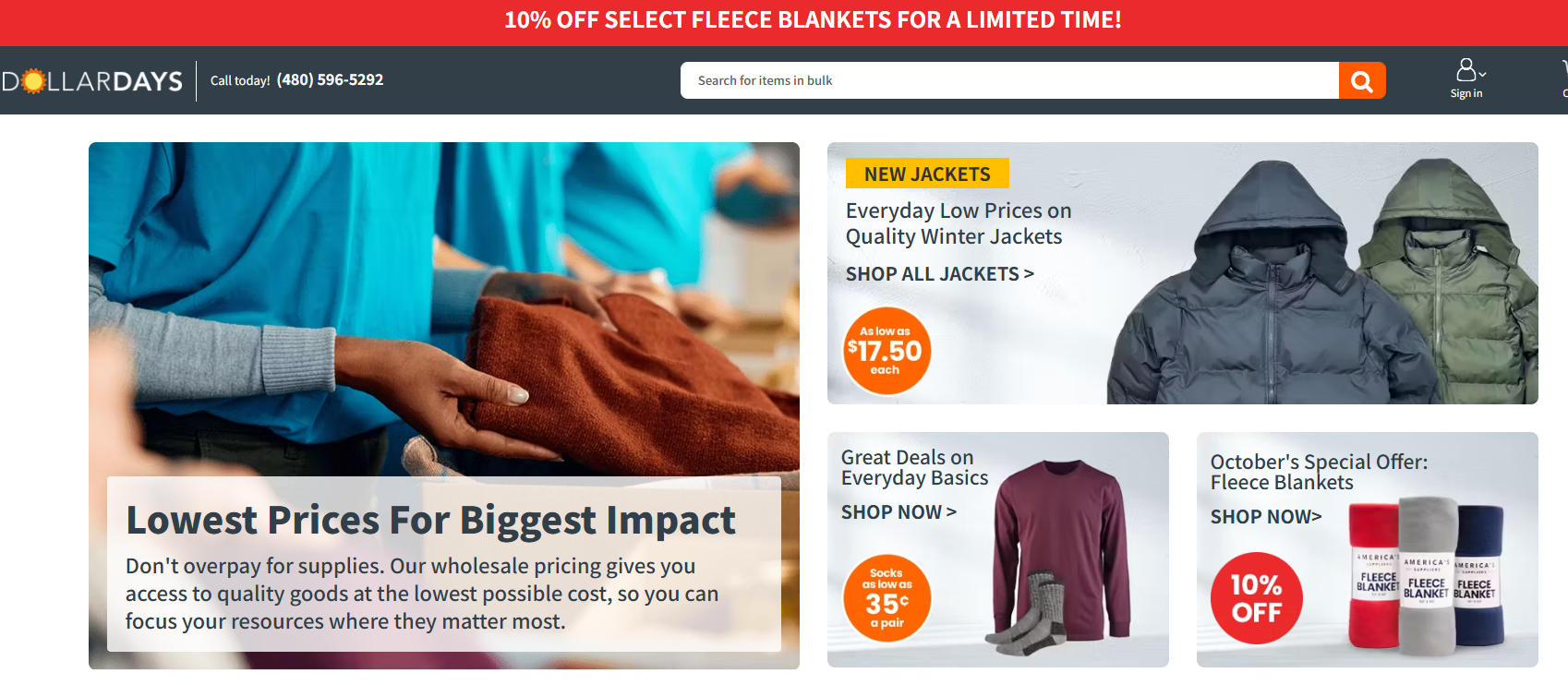
dollardays
-
-
HAIYUAN (Industry leader, fast shipping, great clothing manufacturer): Although Haiyuan is known for its blank products, it focuses on wholesale of workwear and protective clothing.
-
Best for: Companies, teams, dealers, distributors, etc.
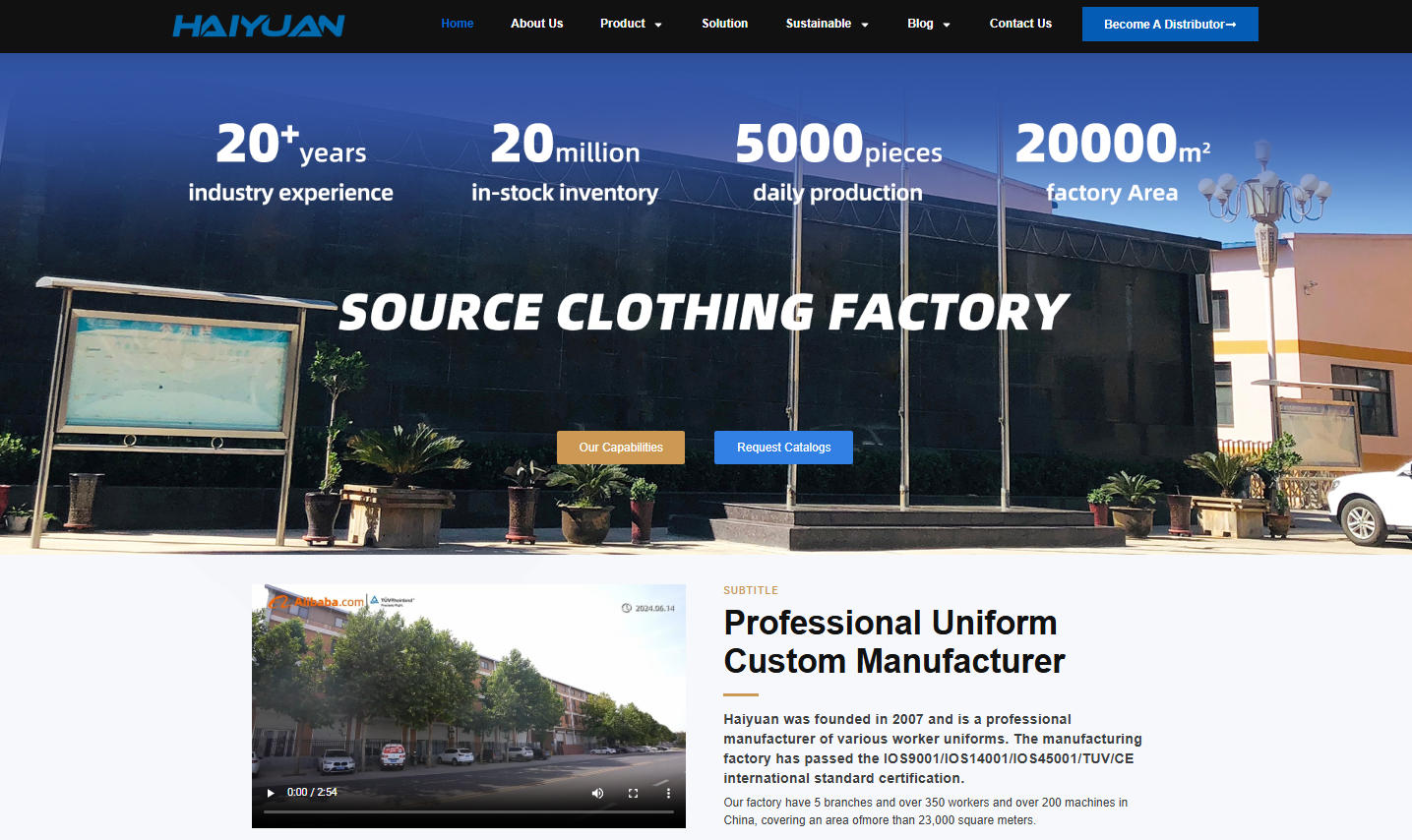
haiyuan clothing factory
-
3. Niche & Specialty Wholesalers
Your store’s identity will often be defined by the niches you serve.
Sustainable & Ethical Fashion
-
The Ethical Silk Company: For ethically produced silk clothing.
-
Pact: Wholesale organic cotton everyday wear.
-
Grow Collection: A curated showroom featuring independent, sustainable brands.
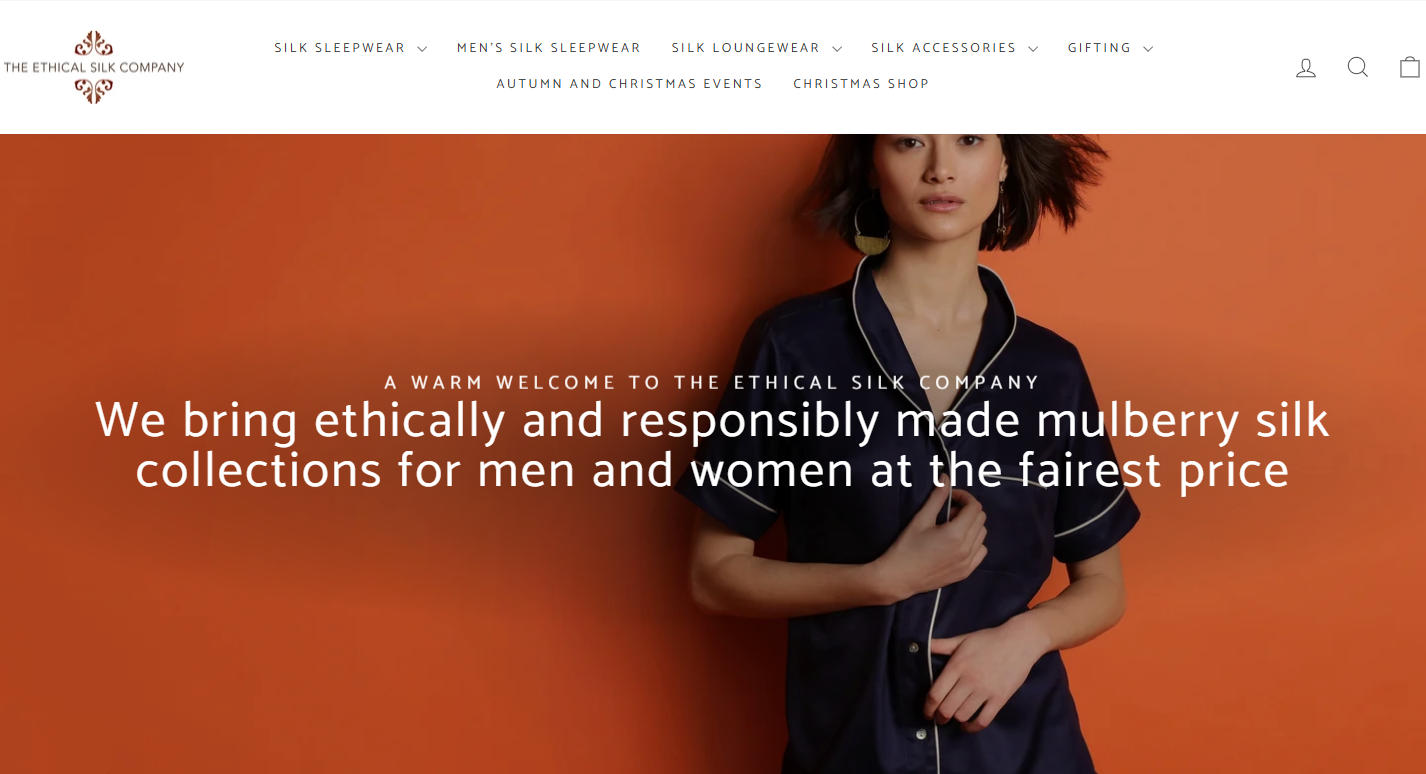
the ethical silk company
Plus Size
-
Ulla Popken: A well-established brand and wholesaler specializing in stylish plus-size women’s clothing.
-
Kiyonna: Offers wholesale for their line of chic and comfortable plus-size apparel.
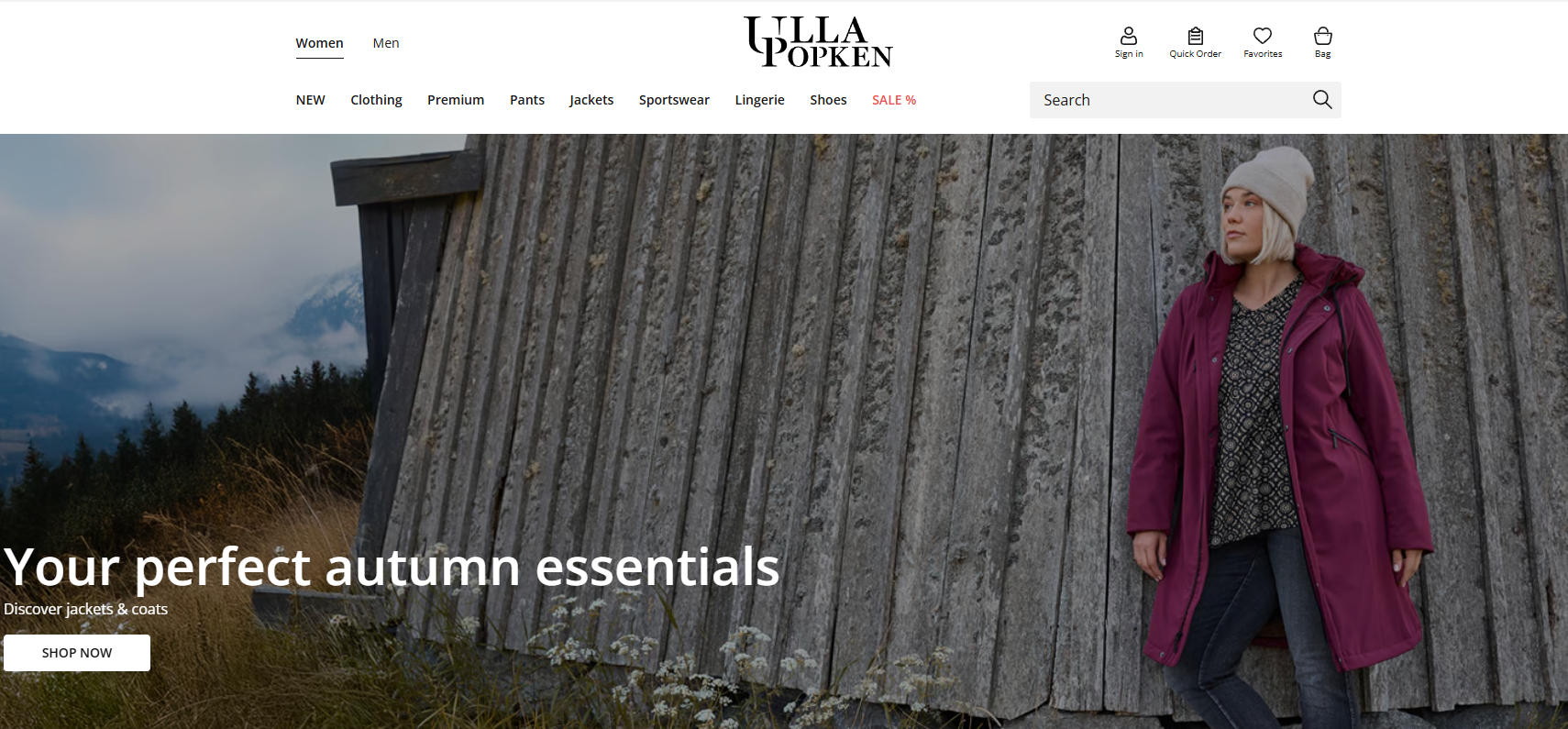
ulla popken
Children & Baby
-
Magnolia Child: A wholesaler for a collection of boutique children’s clothing brands.
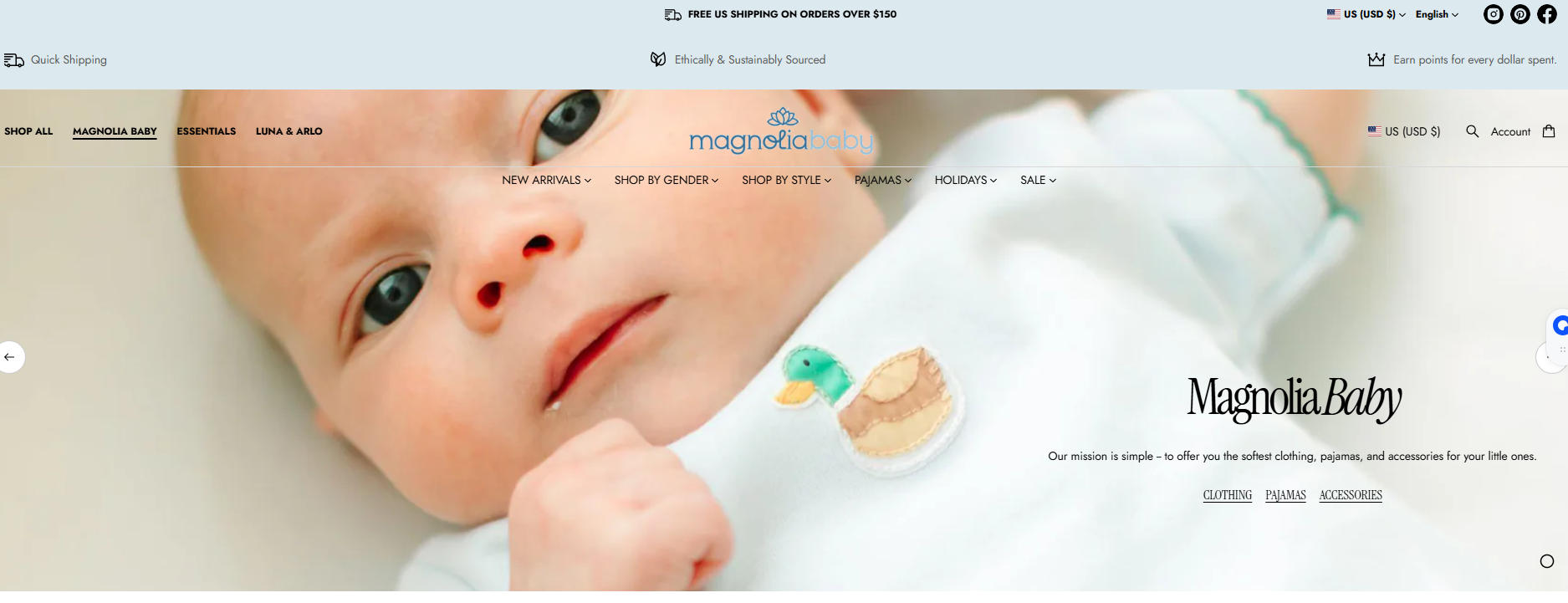
magnolia child -
Jamie Kay: Wholesale for their popular line of classic, high-quality children’s wear.
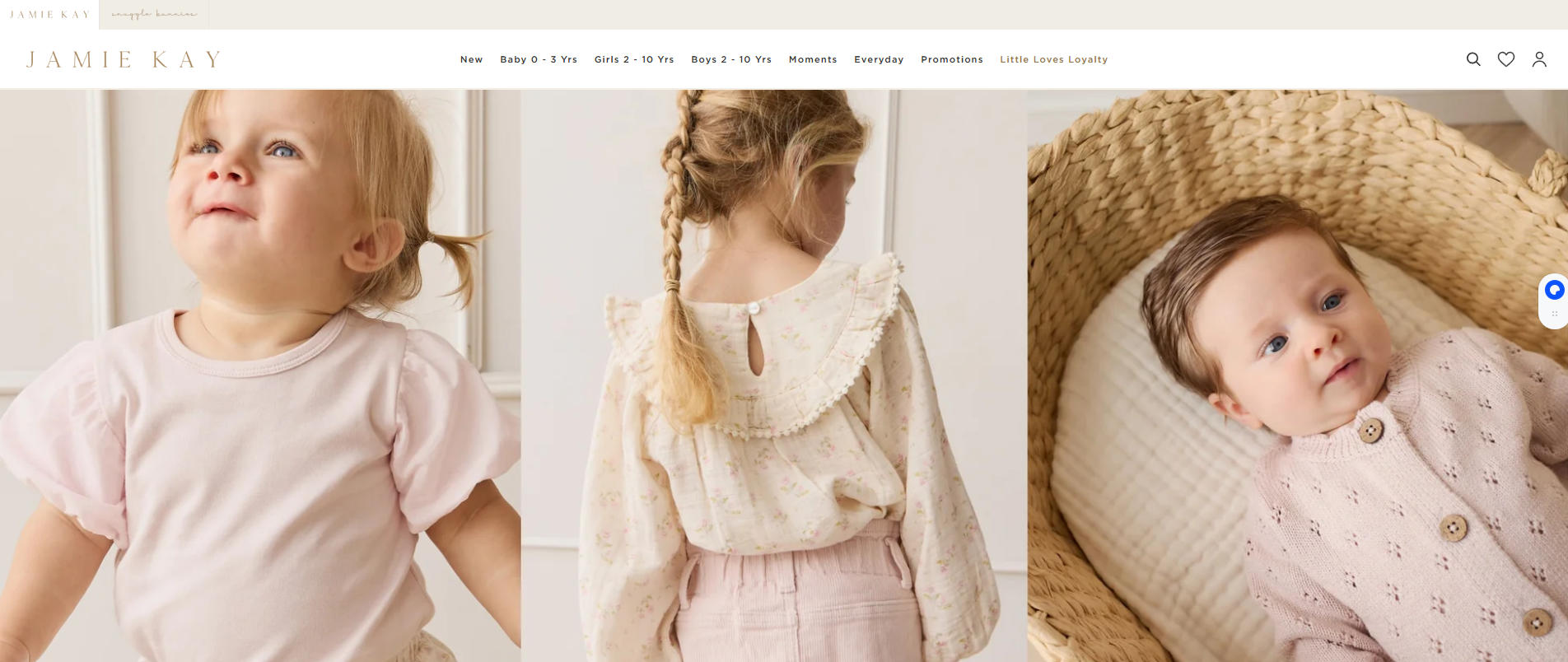
jamie kay
Men’s Focused
-
Peter Manning NYC: Specializes in clothing proportioned for men of shorter stature (available for wholesale).
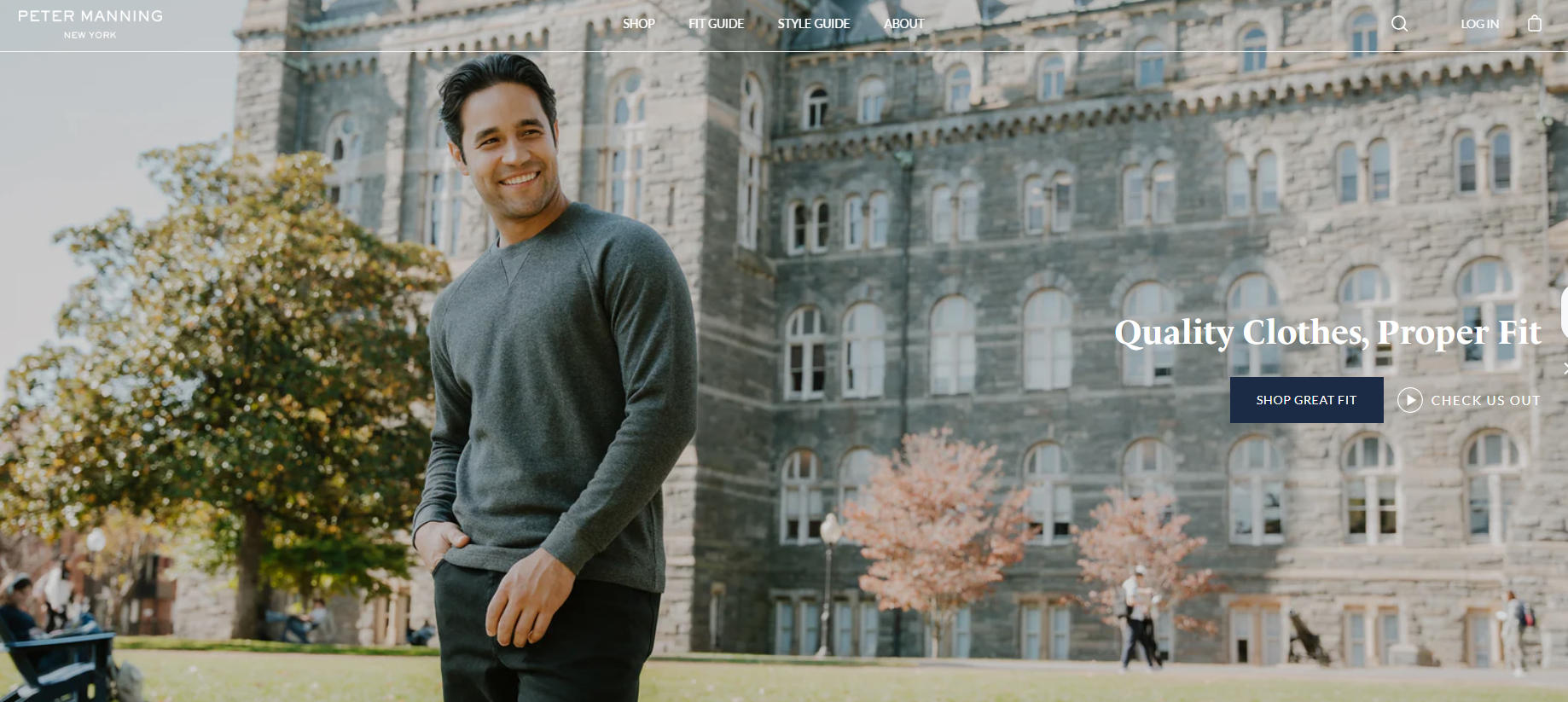
peter manning nyc -
Fresh Clean Tees: A rising DTC brand that also offers wholesale for their popular premium tees and basics.
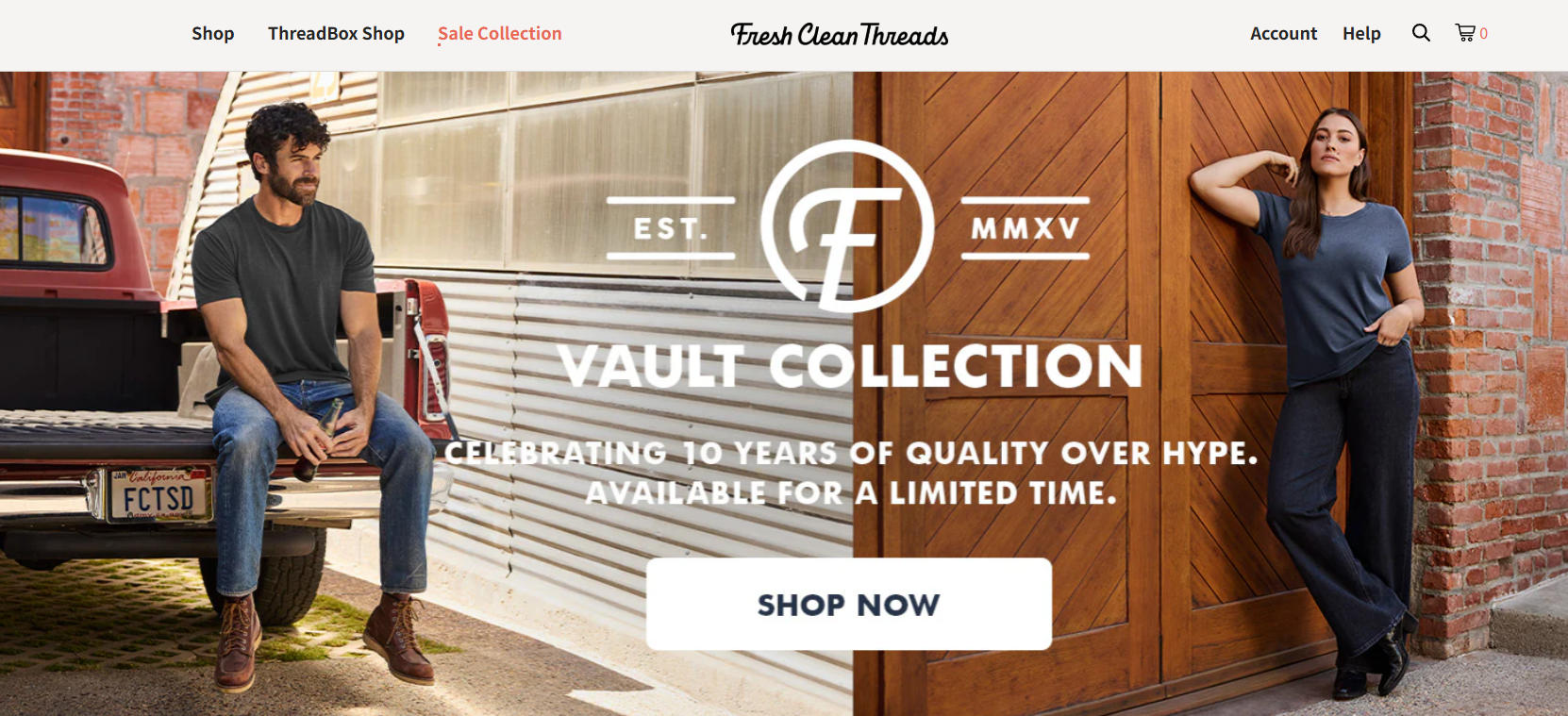
fresh clean tees
4. How to Find & Vet Suppliers: A Retailer’s Checklist
-
Define Your Niche & Customer: Before you search, know exactly who you’re buying for. Are they trendy teens, budget-conscious families, or luxury-minded professionals? This will dictate your supplier.
-
Obtain Your Business Licenses: You will need a Business License and a Resale Certificate (or Sales Tax ID) to open a wholesale account. This proves you are a legitimate business and allows you to buy goods tax-free (you collect sales tax later from the end customer).
-
Attend Trade Shows (Physical or Virtual): This is the best way to see products in person, meet brand reps, and build relationships.
-
Magic (Las Vegas): One of the largest fashion trade shows in the US.
-
Atlanta Apparel Market: A major market for contemporary, juniors, and children’s wear.
-
Chicago Collective: Focused on men’s and women’s better apparel.
-
-
Order Samples, Always! Never commit to a large order without seeing the quality, fit, and finish of the product. This is non-negotiable.
-
Vet the Supplier:
-
What are the MOQs? (Minimum Order Quantity). Can you meet them?
-
What is the return/exchange policy? Is it flexible for damaged or unsold goods?
-
How reliable is shipping? Ask for references from other retailers.
-
Is their branding consistent with your store’s image?
-
Comparison Table: Marketplace vs. Direct Wholesaler
| Feature | B2B Marketplace | Direct Wholesaler / Brand |
|---|---|---|
| Ease of Use | Excellent – One cart, one checkout for many brands. | Varies – Separate accounts and orders for each brand. |
| Discovery | Excellent – Built-in curation and recommendations. | Harder – Requires research and trade show attendance. |
| Pricing | May have slight markups, but terms are favorable. | Often the best possible price, buying direct. |
| Relationships | Transactional with the platform. | Direct with the brand; can lead to better deals and exclusivity. |
| Terms & Returns | Often very favorable (net-60, free returns). | Varies by brand; often less flexible. |
| Uniqueness | Can be saturated; other retailers in your area may be using the same platform. | Potential for more exclusive products if you build a strong relationship. |
Final Advice: The best strategy for a successful retailer is often a mix: using marketplaces for discovery and convenience, while building direct relationships with a core group of 5-10 key brands that define your store’s identity.
For some insightful reads, we’ve curated a list of recommended articles just for you:
- How do I find a product manufacturer in China?
- How to find cheap manufacturers in China? A guide to avoid pitfalls
- How to complete your first purchase of workwear in China safely and efficiently
- Custom uniforms for Small business
- Choosing the Best Industrial Work Suit
- Ultimate Guide: Best Wholesale Work Clothes in China
- Cut & Sew Customization
- Logo Customize Clonthing Manufacturer
- The Ultimate Guide to Finding Reliable Wholesale Work Clothes Factories in China
- Importing Clothes from China Guide
Can’t find what you’re looking for? Feel free to contact us. We’re here to help 24/7.

